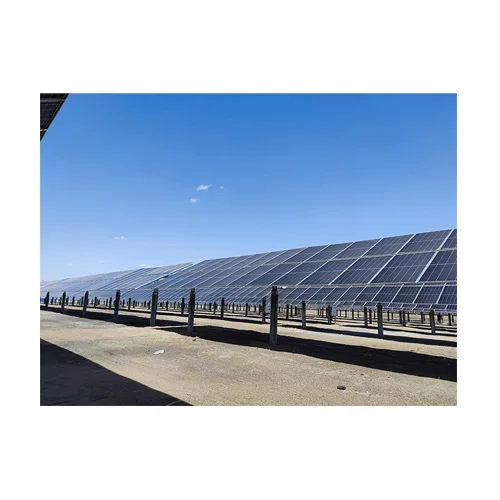When it comes to building a house, the choice of materials is paramount not only for aesthetic appeal but also for longevity, durability, and sustainability. Homeowners and builders alike are increasingly seeking materials that can withstand the test of time, environmental challenges, and changing lifestyles. In this article, we will delve into the longest lasting materials available for construction, examining their properties, benefits, and suitability for various climates and architectural styles.
Understanding Longevity in Construction Materials
Longevity in construction materials is defined by their ability to resist decay, withstand environmental stressors, and maintain structural integrity over time. Factors influencing the lifespan of building materials include:
- Environmental Resistance: Materials must be able to withstand weather conditions such as rain, snow, heat, and humidity without significant degradation.
- Maintenance Requirements: Some materials require regular upkeep to maintain their appearance and structural integrity, while others are virtually maintenance-free.
- Sustainability: Eco-friendly materials that can be sourced responsibly and have a minimal environmental impact are increasingly favored in modern construction.
Top Long-Lasting Materials for Home Construction
- Stone
Stone has been a favored building material for centuries due to its exceptional durability and natural beauty. Granite, limestone, and slate are among the most commonly used types of stone in construction.
- Durability: Stone is resistant to fire, pests, and weathering, making it an ideal choice for long-lasting structures.
- Aesthetic Appeal: Its natural variations and textures provide a timeless elegance that enhances the visual appeal of any home.
- Sustainability: When sourced locally, stone has a low carbon footprint, contributing to environmentally friendly building practices.
- Brick
Brick is another classic building material known for its longevity. Made from fired clay, brick structures can last for over a century with minimal maintenance.
- Thermal Mass: Brick has excellent thermal mass properties, helping to regulate indoor temperatures and reduce energy costs.
- Fire Resistance: Brick is non-combustible, providing an added layer of safety against fire hazards.
- Low Maintenance: Once installed, brick requires little upkeep, making it a practical choice for homeowners.
- Concrete
Concrete is one of the most widely used construction materials globally, known for its strength and versatility.
- Longevity: When properly mixed and cured, concrete can last for over 100 years, making it a staple in modern construction.
- Adaptability: Concrete can be molded into various shapes and forms, allowing for innovative architectural designs.
- Energy Efficiency: Concrete’s thermal properties contribute to energy savings, as it can help maintain stable indoor temperatures.
- Steel
Steel is increasingly popular in residential construction, particularly for framing and structural support.
- Strength and Durability: Steel is incredibly strong and resistant to many of the issues that affect traditional materials, such as rot and pests.
- Recyclability: Steel is one of the most recycled materials in the world, making it an environmentally friendly option.
- Design Flexibility: Steel allows for larger open spaces in home design, providing modern aesthetics and functionality.
- Wood (Treated and Engineered)
While traditional wood can be susceptible to decay, treated and engineered wood products have been developed to enhance durability.
- Treated Wood: Pressure-treated wood is infused with preservatives that protect against rot and insect damage, extending its lifespan significantly.
- Engineered Wood: Products like laminated veneer lumber (LVL) and cross-laminated timber (CLT) offer enhanced strength and stability, making them suitable for various applications.
- Sustainability: When sourced from responsibly managed forests, wood can be a sustainable building material.
Conclusion: Choosing the Right Material for Your Home
Selecting the longest lasting material for your home involves considering various factors, including climate, budget, and personal preferences. While stone, brick, concrete, steel, and treated wood each offer unique advantages, the best choice will depend on the specific needs of your project.

More Stories
彩色裝飾建築膜:重塑香港家居與建築美學的新選擇
10 Creative Ways to Organize Your Space with Removable Wire Baskets
Maximizing Space with Attic Shelves